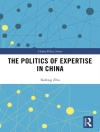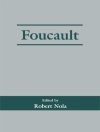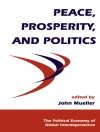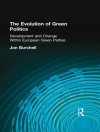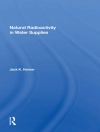‘Powerful and clarifying … The book’s combination of careful argument and cogent illustration will make this a landmark volume in Gramscian studies.’ John Agnew, University of California, Los Angeles, and author of Hegemony: The New Shape of Global Power
‘Morton draws upon an impressive knowledge of Gramsci’s writings to provide new insights into key processes in today’s world order.’ Anne Showstack Sassoon, Emeritus Professor, Kingston University and Visiting Professor, Birkbeck College, University of London
Unravelling Gramsci makes extensive use of Antonio Gramsci’s writings, including his much-overlooked pre-prison journalism, prison letters, as well as his prison notebooks, to provide a fresh approach to understanding his contemporary relevance in the current neoliberal world order. Adam Morton examines in detail the themes of hegemony, passive revolution and uneven development to provide a useful way of analysing the contemporary global political economy, the project of neoliberalism, processes of state formation, and practices of resistance. The book explores the theoretical and practical limitations of how Gramsci’s ideas can be used today, offering a broad insight into state formation and the international factors shaping hegemony within a capitalist framework.
สารบัญ
Acknowledgements
Abbreviations
List of figures
1. Introduction: the North/South question of uneven development
PART I: ENGAGING GRAMSCI
2. Historicising Gramsci: situating ideas in and beyond their context
3. State Formation, Passive Revolution and the International System
4. A Return to Gramsci: ‘the moment of hegemony’
PART II: GRAMSCI, WORLD ORDER AND RESISTANCE
5. Hegemony and World Order: neo-Gramscian Perspectives and the
Global Political Economy
6. The Global Political Economy of Uneven Development
7. Globalisation and Resistance: the power of the powerless
References
Index
เกี่ยวกับผู้แต่ง
Adam David Morton is Professor in Political Economy at the University of Sydney. He is the author of Unravelling Gramsci (Pluto, 2007) and Revolution and State in Modern Mexico (Rowman & Littlefield, 2011).


